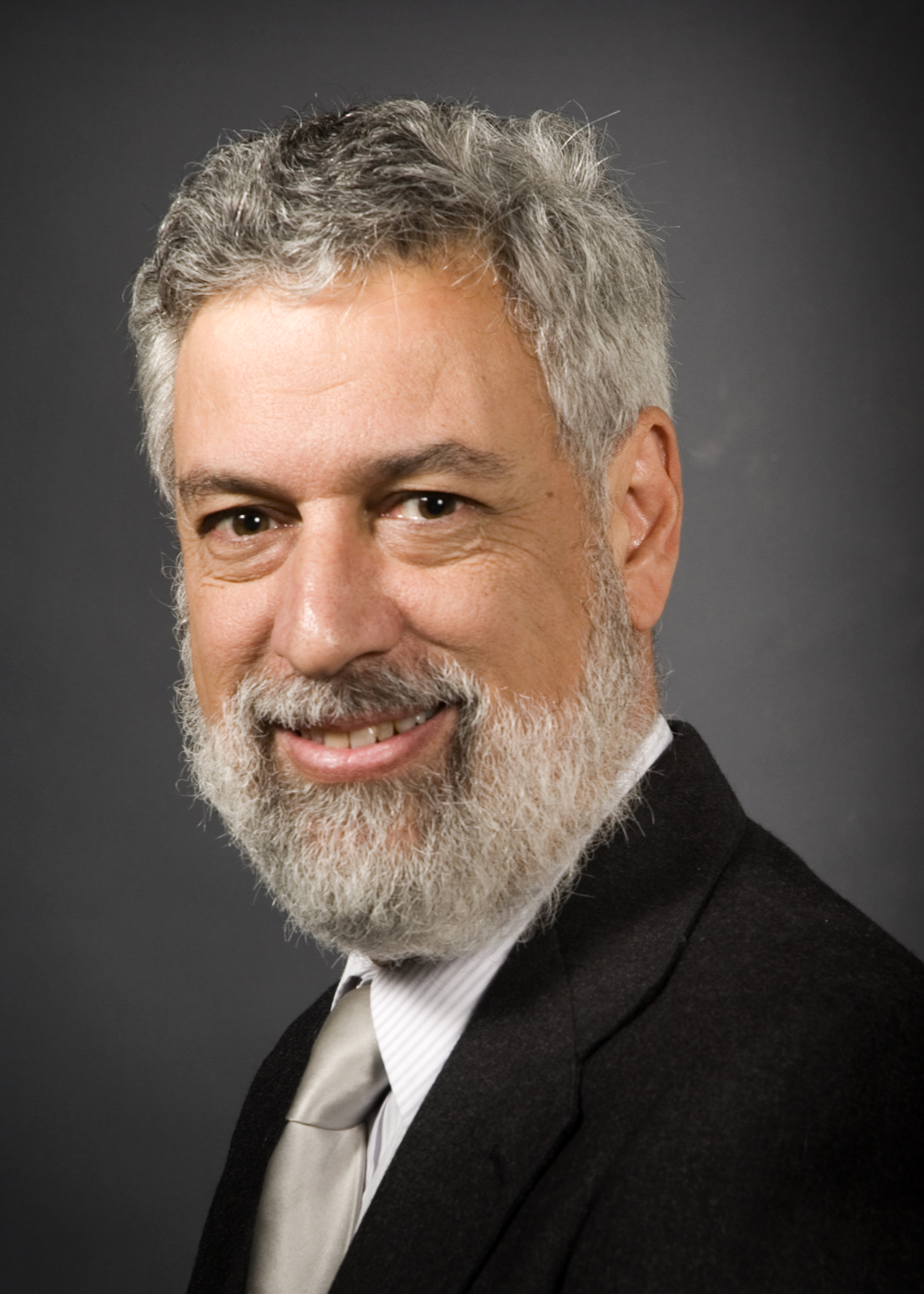Sarah Kirsch, a researcher at the Feinstein Institute for Medical Research, has poured herself into research about autism spectrum disorder since she was in high school and has now turned her passion into a published research study.
Along with Dr. David Meryash of Manhasset, she completed an anonymous questionnaire study surveying 378 patients and children with autism spectrum disorder who made an emergency room visit in the last three years to help hospitals nationwide work with patients with the disorder both in the physical environment and through staff training sessions.
Kirsch, of Setauket, said she is very close with her brother, who she said suffers from severe autism, and has heard horror stories from other families with autistic relatives who need emergency medical care.
“I know a lot of families who also have children with autism, and I’ve heard a lot of unfortunate stories about taking their child to the emergency room and nightmare experiences these parents and their children have gone through, so I thought it would be a perfect idea for a study, to look into how to make the experience more positive for these patients,” Kirsch said.
Autism spectrum disorder is a developmental disability in which children and adults exhibit, to varying degrees, social challenges that include difficulty communicating and interacting with others. They can also display narrow interests and repetitive behaviors. The social challenges these individuals have — especially and including an inability to communicate their symptoms and reacting negatively to external stimuli — can make visits to the emergency room difficult for them and their families.
Meryash said the study, published in the Journal of Developmental and Behavioral Pediatrics, focused on patient satisfaction, which he said is an important indicator of health care quality.
The study helped rank different possible contributors to satisfaction, and researchers looked at behaviors related to interpersonal skills and professional skills of the staff.
While both Kirsch and Meryash said it’s important for the medical staff to be trained, it is just as important for the security and reception staff be equally trained as the first people a patient typically encounters in the emergency room.
Kirsch also said that some things a typical patient would see as welcome distractions or standard waiting room features, such as televisions and bright lights, can unnerve an autistic patient.
“A lot of kids with autism are hypersensitive, so the loud noises, the bright lights in the emergency room that don’t really bother you and me are overbearing to them,” Kirsch said. “They’re already upset, and that makes it much worse.”
In addition to all-staff training, other recommendations included that health care staff members should encourage parents to discuss their child’s uniqueness as soon as they arrive — what they like and dislike, what sensory stimuli typically bother them, and what calming techniques work for them.
An important next step is for the health care professional who initially received this information to share it with the rest of the staff, so that the parents do not need to repeat themselves.
“This is more than looking at bedside manner,” Meryash said. “Everybody knows a physician encounter depends on how understanding the providers are, but this gets at the behaviors that they can engage in that understanding of individuals with autism and how they perceive an emergent visit.”



